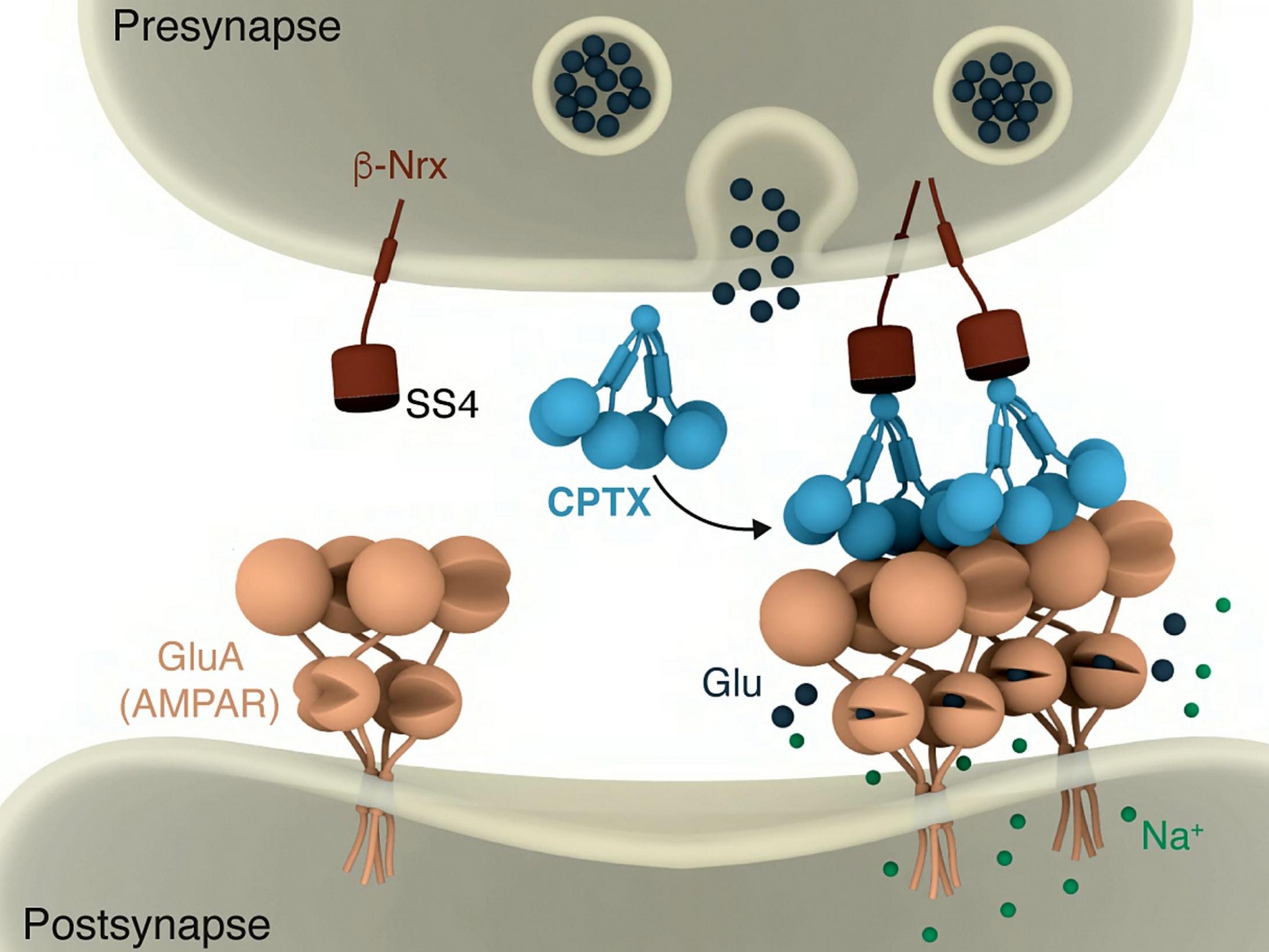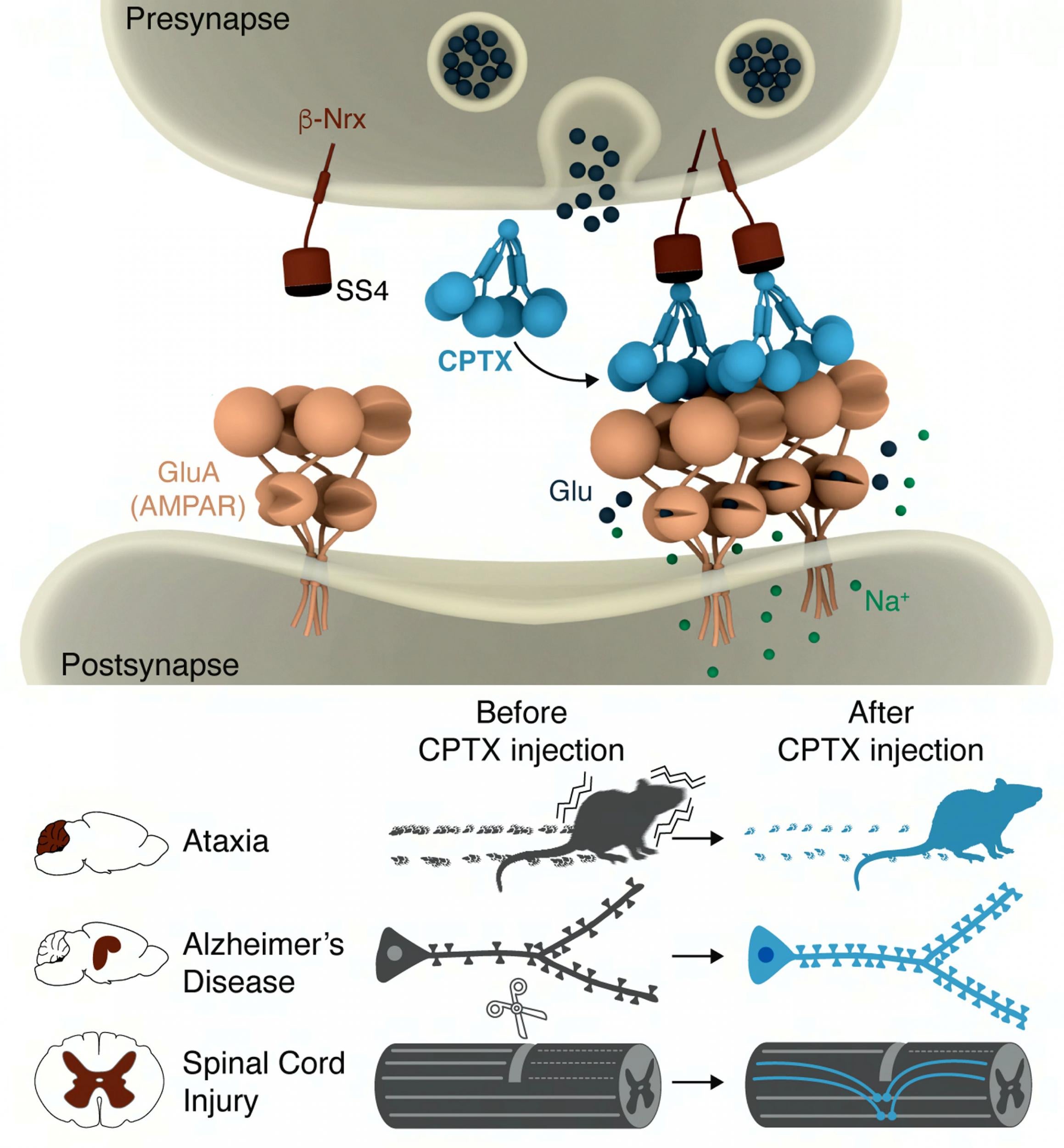Brain and spinal cord function could be repaired by new synthetic molecule, research shows
Scientists hope study could offer hope for Alzheimer’s and epilepsy sufferers

Scientists have created a synthetic molecule that could repair brain and spinal cord damage, offering hope to Alzheimer’s and epilepsy sufferers.
Inspired by the way brain cells usually connect, a team of researchers at the University of Cambridge created a synthetic version of Cerebellin-1 – a protein that links neuronal cells.
The new molecule, called CPTX, acts as a “bridge” to help repair or replace connections lost because of disease or damage.
CPTX was able to repair function in both cells and in mice with diseases and injury, the team behind the development said.
According to the research, published in the journal Science, the design could be extended to connect other cell types or could be used to remove problematic connections in disorders such as epilepsy.
Researchers said the results were striking, with restored neuronal connections and improvements in memory, co-ordination and movement.
They saw the greatest impact in spinal cord injury where motor function was restored for at least seven to eight weeks following a single injection into the site of injury.
In the brain, however, the positive impact of injections was observed for a shorter time, down to only about one week.
Cerebellin-1 is a molecule that connects neuronal cells – that send signals – with receiver cells at special points of contact called synapses.
Cerebellin-1 and its related proteins, known as “synaptic organisers”, are essential to help establish the communication network that underlies all nervous system functions.
Researchers wanted to see if they could cut and paste structural elements from different organiser molecules to generate new ones with different binding properties.
The study involved scientists from the Medical Research Council Laboratory of Molecular Biology (MRC LMB) at Cambridge, and collaborators from Japan and Germany.
Radu Aricescu, of the MRC LMB, said: “Damage in the brain or spinal cord often involves loss of neuronal connections in the first instance, which eventually leads to the death of neuronal cells.
“Prior to neuronal death, there is a window of opportunity when this process could be reversed in principle.

“We created a molecule that we believed would help repair or replace neuronal connections in a simple and efficient way.
“We were very much encouraged by how well it worked in cells and we started to look at mouse models of disease or injury where we see a loss of synapses and neuronal degeneration.”
The scientists are now developing new and more stable versions of CPTX, but cautioned a lot more work is needed to find out if the findings in mice are applicable in humans.
Additional reporting by Press Association
Join our commenting forum
Join thought-provoking conversations, follow other Independent readers and see their replies
Comments
Bookmark popover
Removed from bookmarks